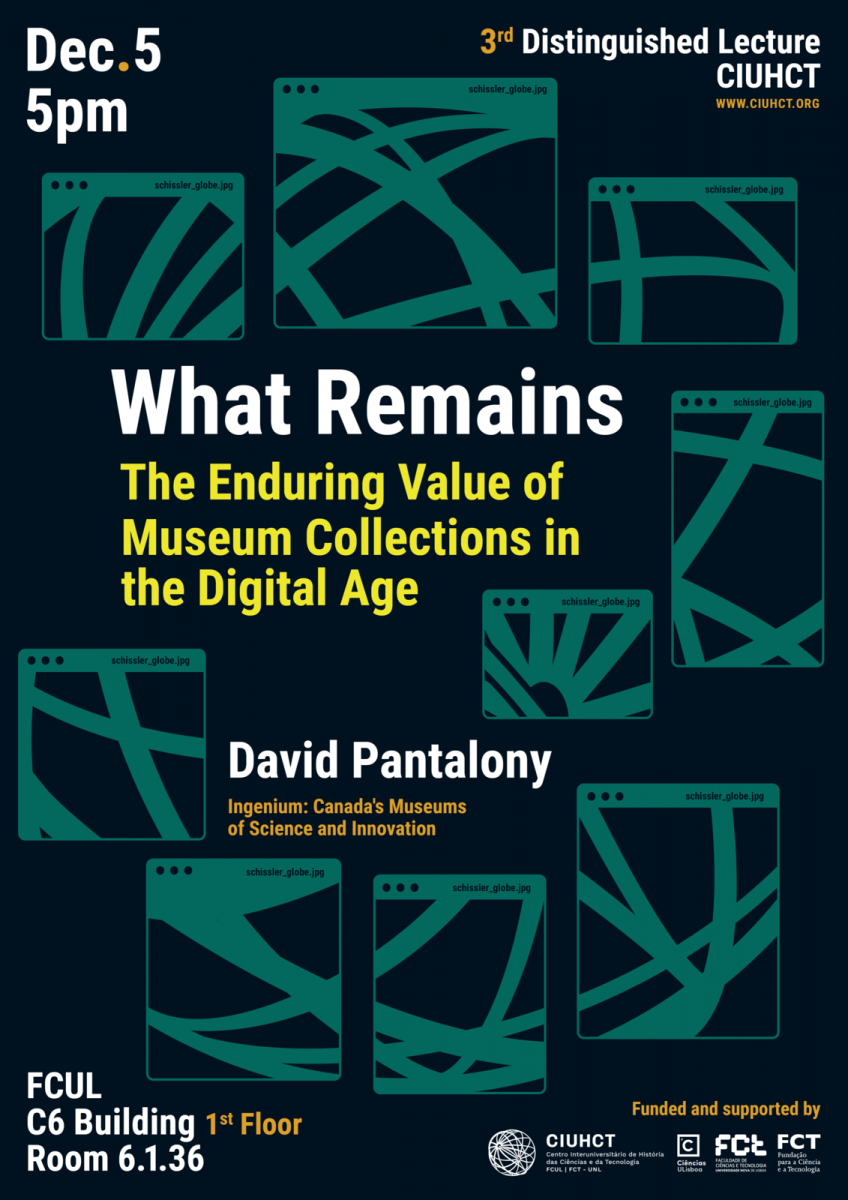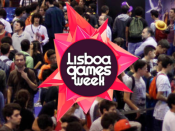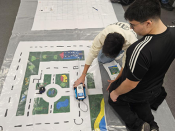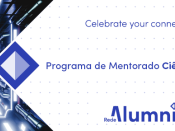About the Speaker: David Pantalony is Curator of Physical Sciences and Medicine at Ingenium: Canada's Museums of Science and Innovation. He specializes in the history of scientific instruments, with an active research interest in material culture, collection history and provenance. David was recently the lead curator for the Science and Medicine Gallery in the new Canada Science and Technology Museum. He is an Adjunct Professor at the Department of History, University of Ottawa, where he teaches a collections-based seminar. David was also recently appointed at Institute of Indigenous Research and Studies, where the UOttawa and Ingenium are partnering on an International Indigenous astronomy symposium and exhibition.
David holds a PhD in the history of science from the University of Toronto (2002). He has held curator positions at Dartmouth College, New Hampshire, as well as the Bakken Museum in Minneapolis. In 2019, David was a visiting scholar with the Epistemes of Acoustics group at the Max Planck Institute in Berlin where he was studying collections throughout Germany. In 2012 David won the Paul Bunge Book Prize for his book Altered Sensations: Rudolph Koenig’s Acoustical Workshop in Nineteenth-Century Paris.
Abstract: Why do collections continually surprise? The simple answer for many students and researchers is that collections of historic objects contain abundant information not well represented in texts or on the internet. In an era of increasing reliance and faith in digital sources, and the subsequent constriction of diverse approaches to seeking information, the internet is looking increasingly like a place of conformity and homogeneity rather than the exploratory wealth it promised. Collections in museums, libraries, campuses and private hands offer a bastion of diversity for the knowledge economy, and of equal importance offer opportunities for better reflecting this richness in the digital sphere. In this talk, I look at the variety of findings offered from material culture methods and studies of provenance (ownership and movement of objects). I will provide examples from our national museums in Ottawa, as well as collecting activities throughout Canada. I will also describe recent research in German science collections. Above all, the close study of material objects has a capacity to reveal unexpected human dimensions of the past, while also connecting us to surprising and complex human relations with what remains in the present. The multitude of stories within objects and collections (often elusive in screen culture) shape us and society. This talk is about methods used to study objects, the value of these findings in science and the humanities, the possibilities for deepening a meaningful and creative relationship between collection knowledge and the digital realm, and the structures we can build to reflect these kinds of approaches.























